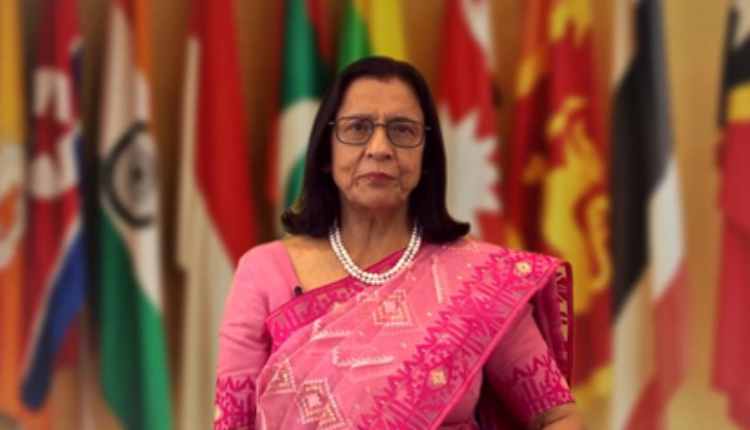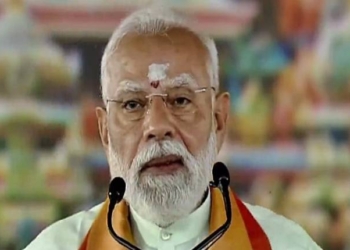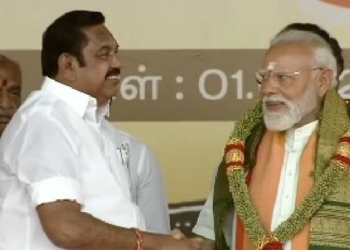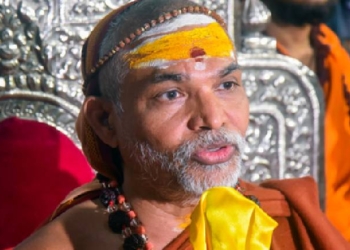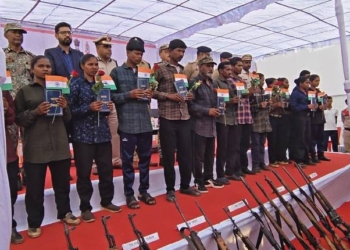New Delhi: Poonam Khetrapal Singh, Regional Director, World Health Organisation (WHO) South-East Asia on Wednesday said under India’s G20 presidency, the country has identified three health priorities that aim to strengthen the global health infrastructure, deliver health, and provide universal health coverage.
She said this in a video while expressing her gratitude to India for recognising and prioritising health under its G20 presidency.
The WHO Regional Director said, “The first is digital health, the future of health. India’s G20 presidency focuses on consolidating the existing digital health initiatives and fostering equity in health care by amplifying efforts to incorporate tools such as telemedicine and artificial intelligence.”
She said that the WHO and G20 India presidency launched a new Global Initiative on Digital Health last month which aims to support this transformation.
“Under India’s presidency, the G20 has also prioritised strengthening of health emergency preparedness and response with a focus on anti-microbial resistance and One Health Framework which recognizes the interconnection between people, animals, and plants and their shared environment to withstand future shocks not just from infectious diseases but all types of health hazards,” Dr Singh said.
“Another key priority aims to strengthen cooperation in the pharmaceutical sector with a focus on ensuring availability and access to safe, effective, quality, and affordable medical countermeasures like vaccines, therapeutics, and diagnostics.
“Towards this, G20 Health Ministers meeting in Gandhinagar (Gujarat) last month extended their support for a WHO-led inclusive consultative process for the development of an interim medical countermeasures’ coordination mechanism.”
The WHO Director added, “We live in an increasingly interconnected world. India’s philosophy of ‘Vasudhaiva Kutumbakam’ of ‘One Earth, One Family, One Future’ is a clarion call to the world for the need to collectively work together to build a better future for our health, and the health of our planet.”
(IANS)




